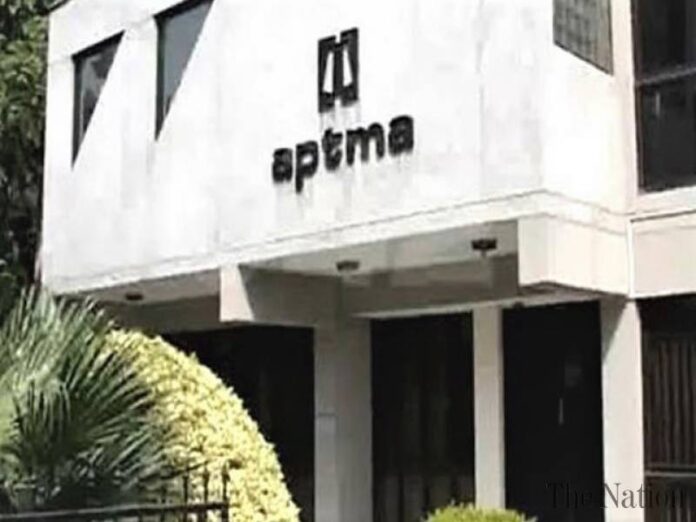The All Pakistan Textile Mills Association (APTMA) has called on the federal government to exclude yarn and fabric from the Export Facilitation Scheme (EFS), proposing a policy shift intended to strengthen the domestic textile industry while complying with Pakistan’s commitments under the International Monetary Fund’s Extended Fund Facility (EFF).
The recommendation was submitted to the Prime Minister’s Committee reviewing the EFS following the government’s decision to end zero-rating on local supplies under the scheme in the fiscal year 2024-25 budget. This move aligns with broader fiscal consolidation efforts tied to IMF directives focused on eliminating tax exemptions and enhancing revenue collection.
The FY25 budget, approved in June 2024, marked a critical step in Pakistan’s economic reforms, targeting a primary surplus of Rs1.177 trillion, or 1.0 percent of GDP. The government’s Memorandum of Economic and Financial Policies (MEFP) to the IMF emphasized increased revenue through tax reforms, especially the general sales tax, projected to raise Rs286 billion.
To achieve these goals, zero-rating on local supplies under the EFS was removed, requiring exporters to claim VAT refunds through the credit tax regime for inputs purchased domestically. This change follows the IMF’s push for a fairer, more transparent tax system that removes distortions and broadens the tax base.
The IMF’s October 2024 Staff Report highlighted the necessity of strict fiscal discipline and the removal of tax privileges like zero-rating, tax credits, and exemptions. These principles were reaffirmed in the program’s first review in April 2025, which cautioned against any policy reversals that could undermine reforms. Consequently, reinstating zero-rating for local inputs under EFS appears highly unlikely.
APTMA contends that the current policy—where zero-rating on local supplies has been withdrawn but retained on imports—creates an economic imbalance. This discrepancy weakens the local supply chain and discourages sourcing inputs domestically. Moreover, the continuation of import zero-rating contradicts the overall fiscal reform agenda and allows for misuse in a scheme historically vulnerable to leakages.
The association’s policy paper proposes that if restoring local zero-rating is politically or diplomatically unfeasible, the government should consider eliminating zero-rating on imported inputs under the EFS. This would create a level playing field for local producers, align with IMF requirements, and support domestic industry growth.
While APTMA initially sought a full return to the pre-June 2024 EFS framework—including zero-rating on both local and imported inputs—it acknowledges that such a reversal is nearly impossible under the existing IMF program constraints.




